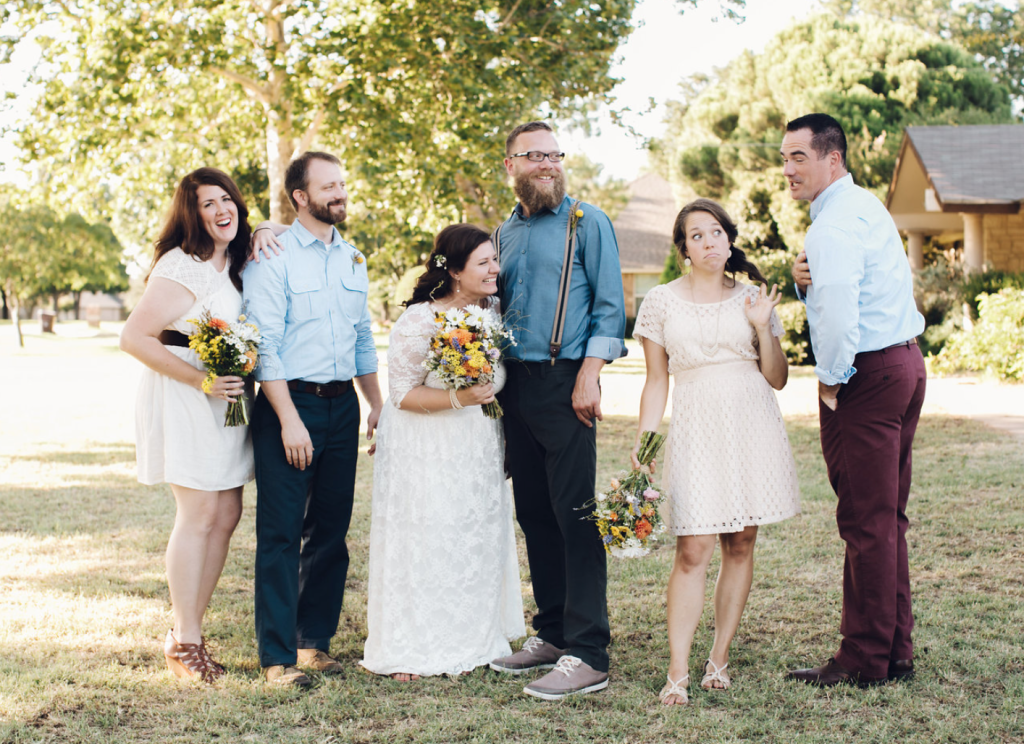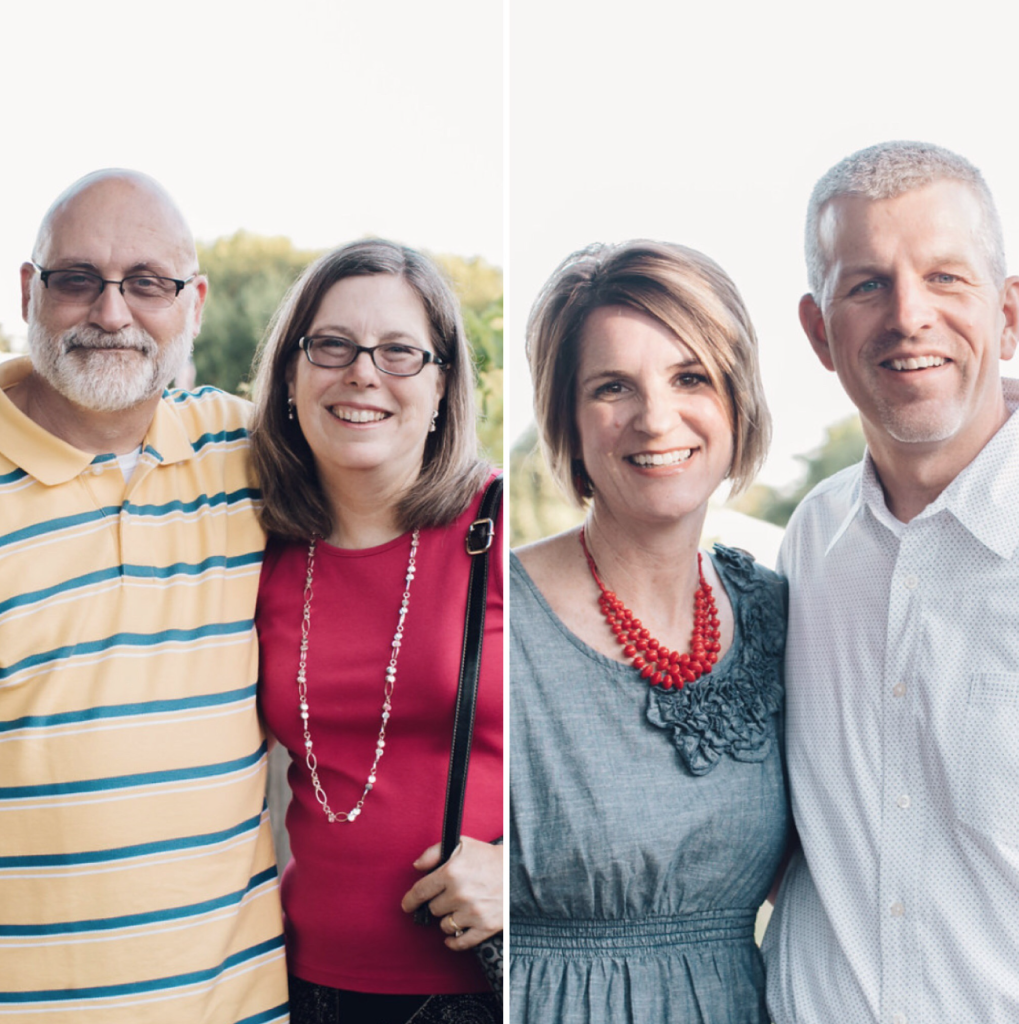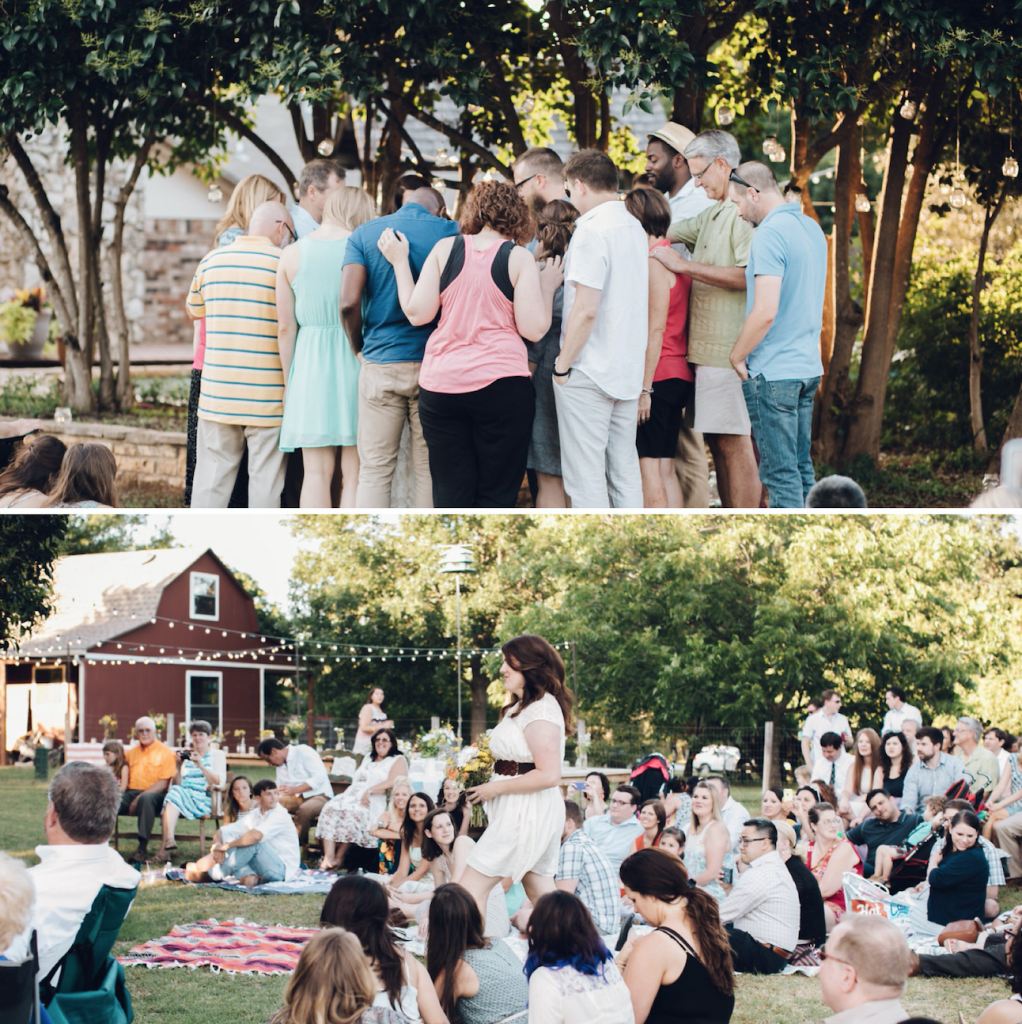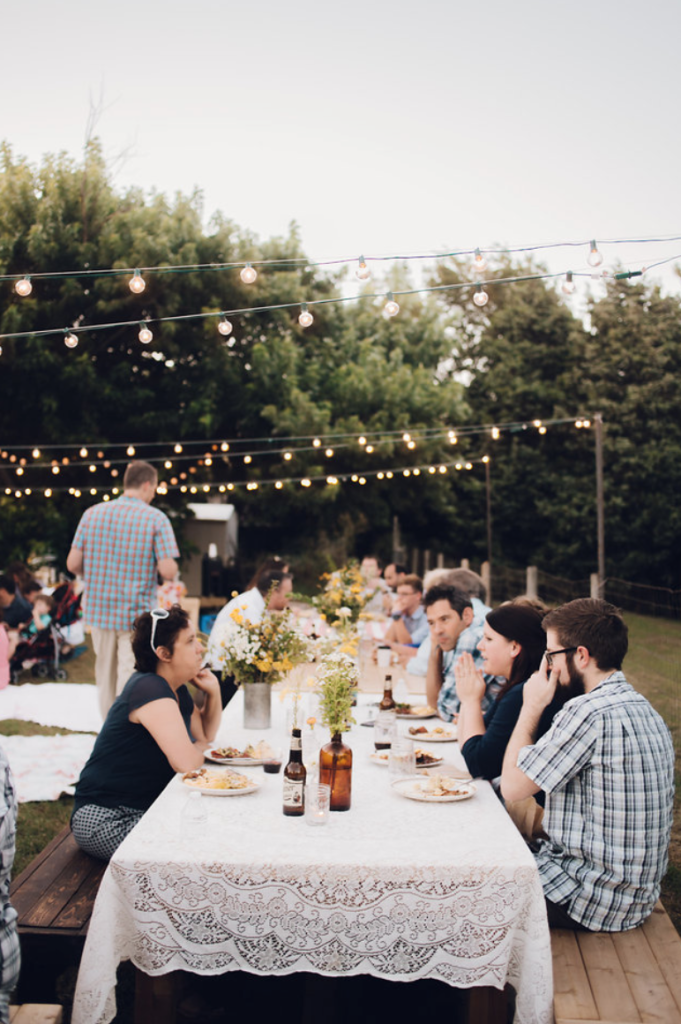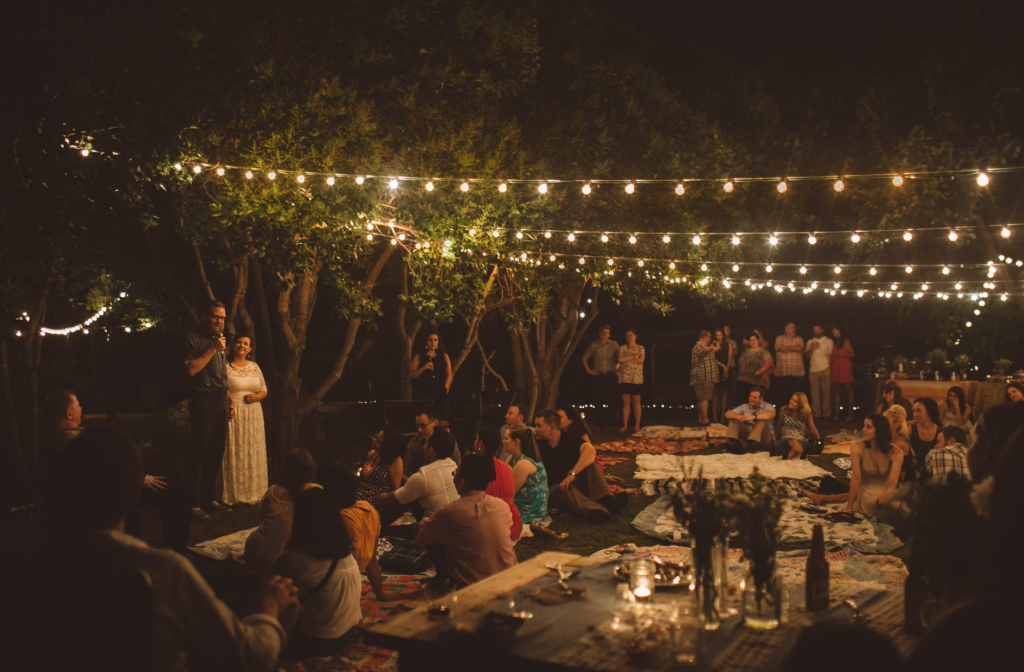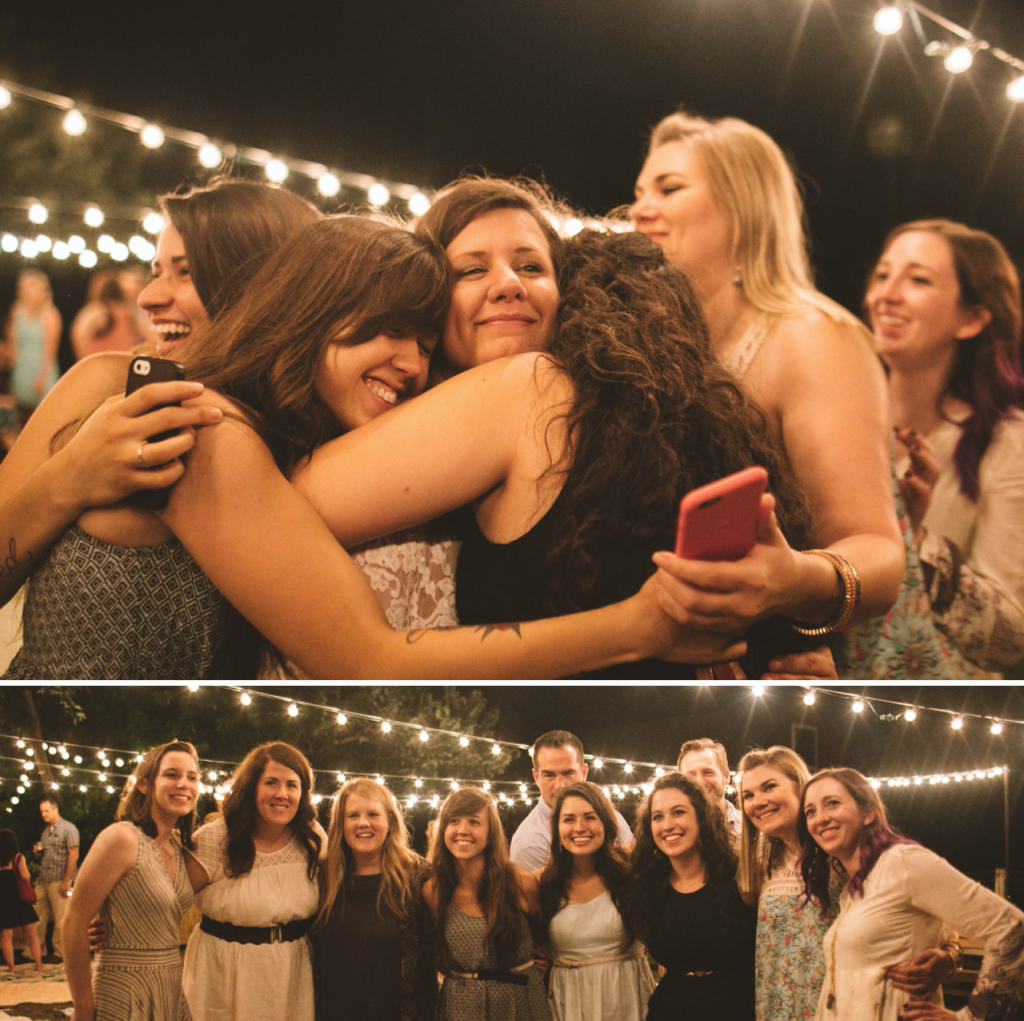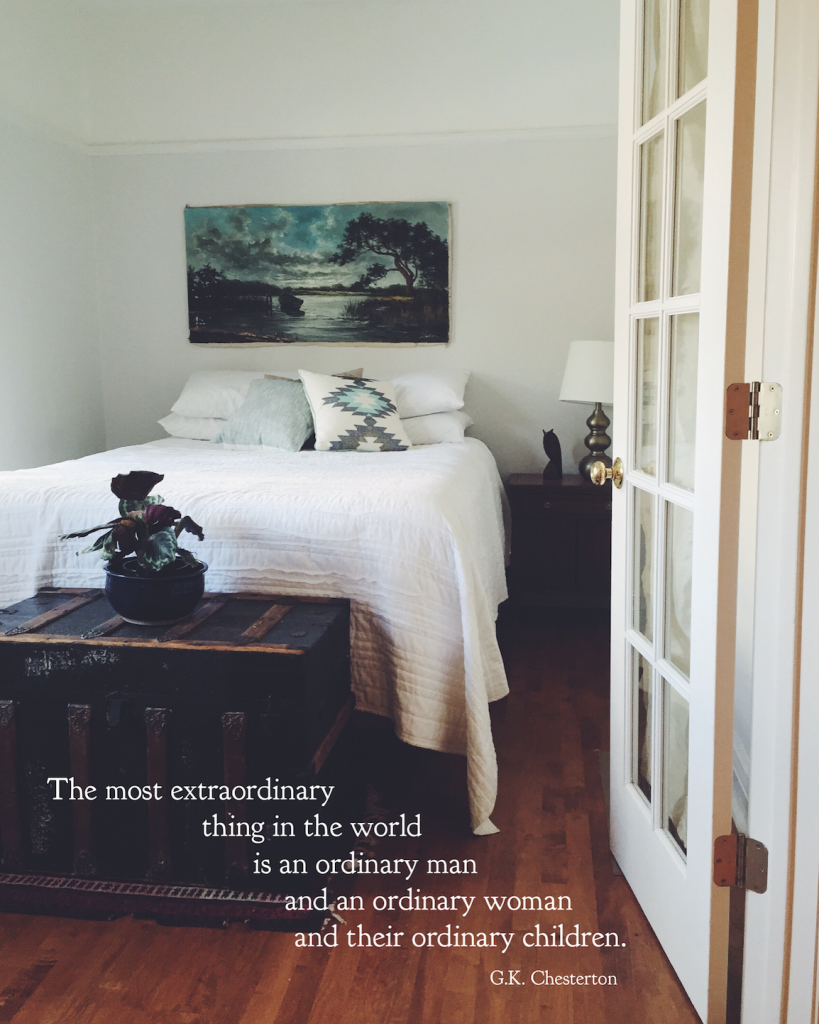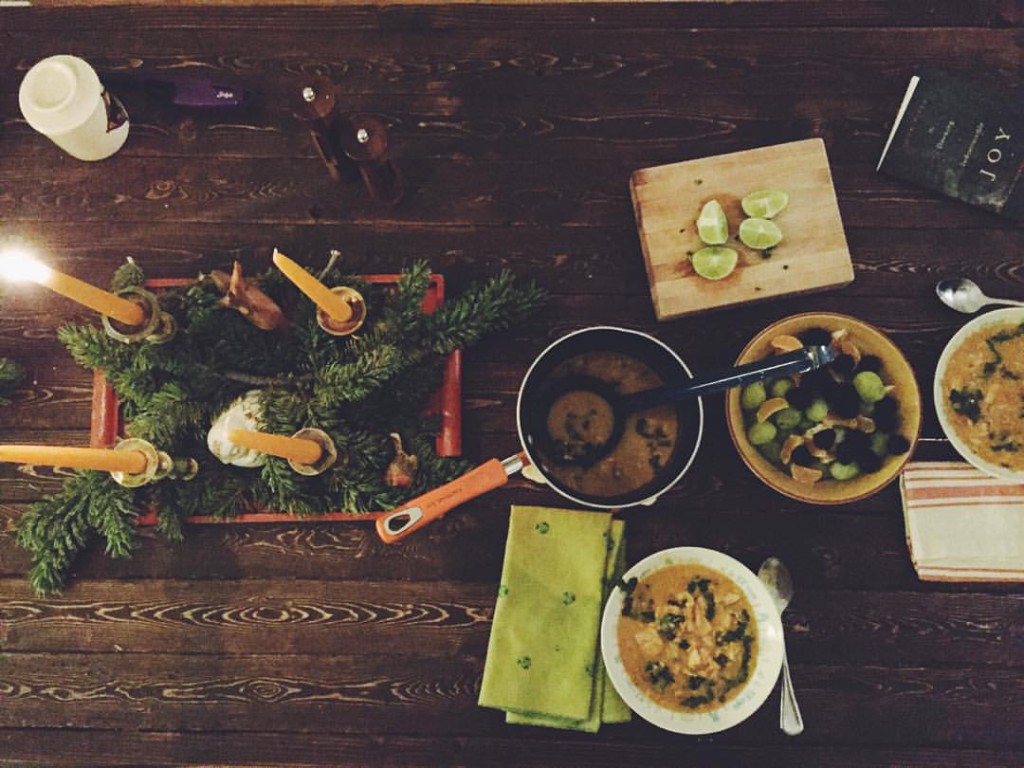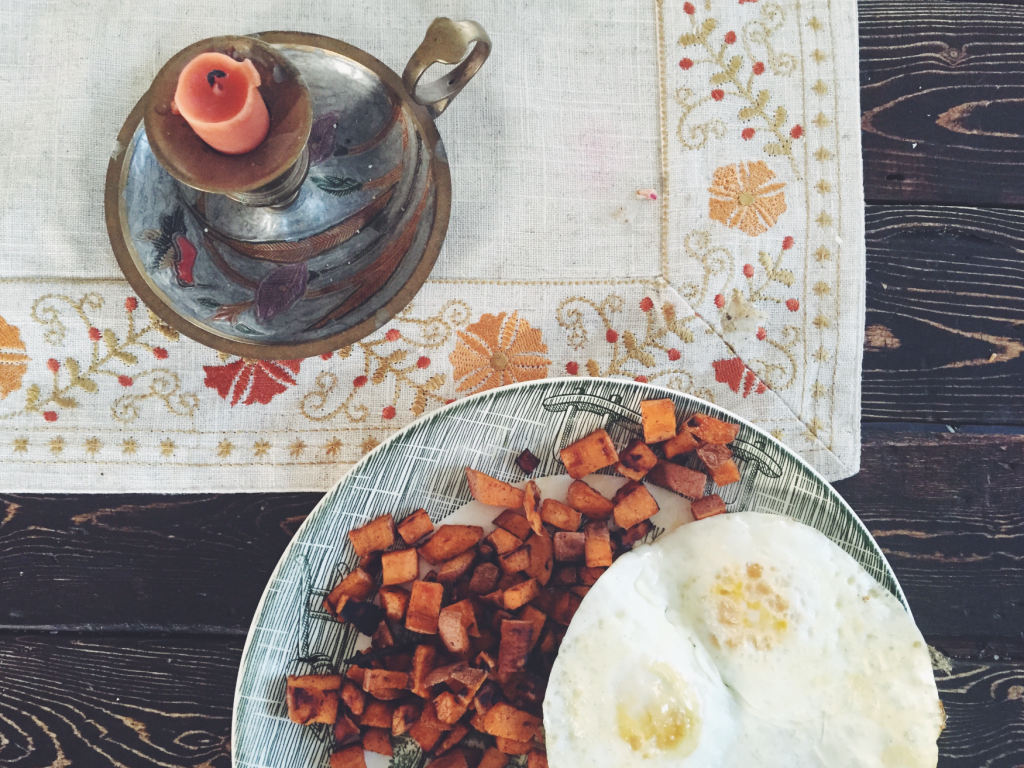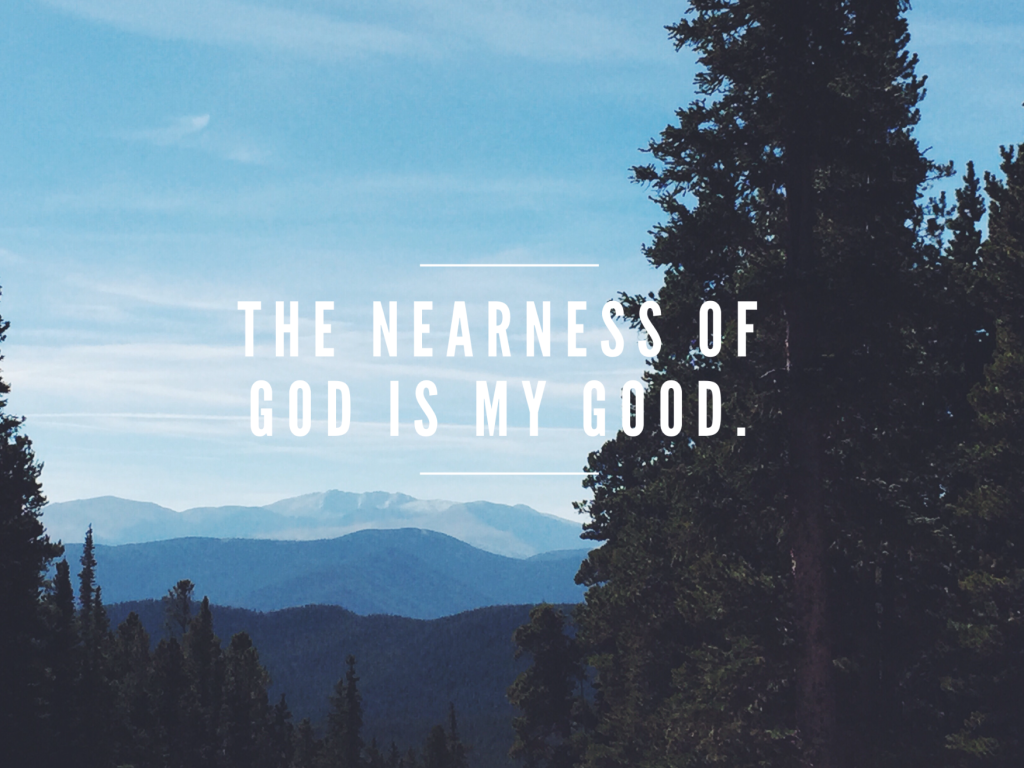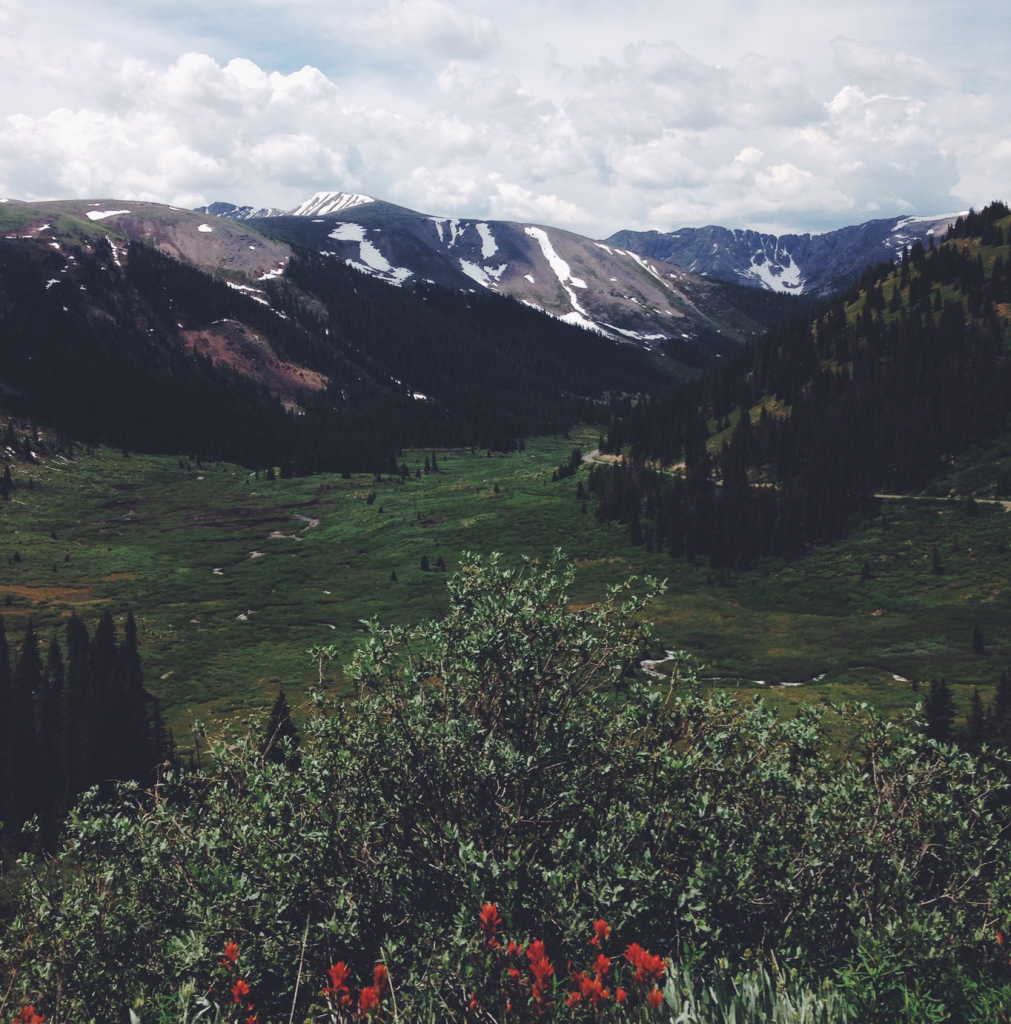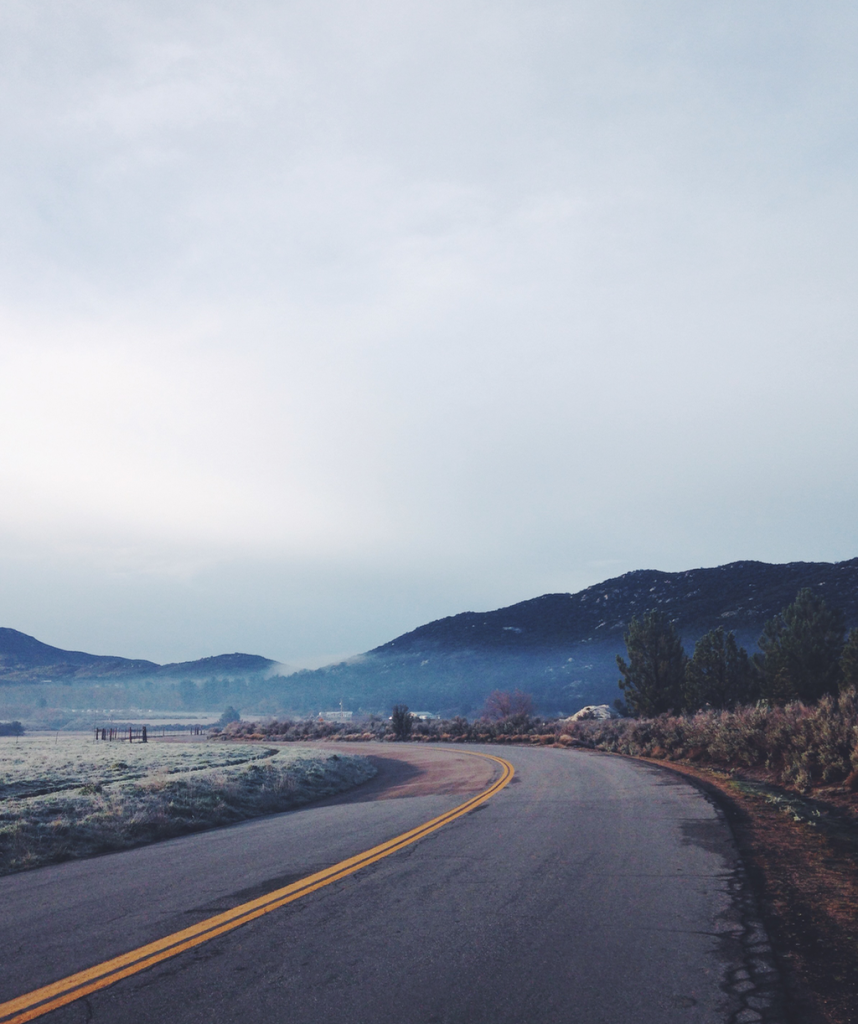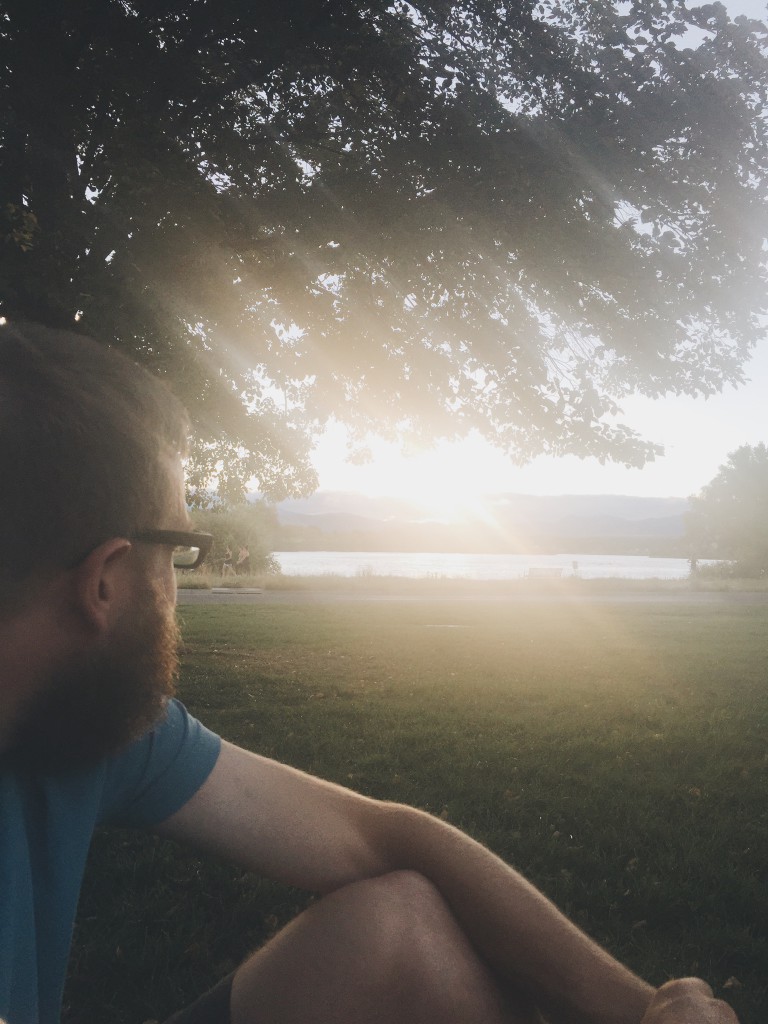On Missing Texas and Elect Exiles
In a staff meeting a few months ago I used the words "my people" in reference to a trip I was about to take to Texas. "Maybe you shouldn't use the words 'my people,'" two of my coworkers said to me later, "Since you're here now and we're your people now." It took a long time for those people in Texas to become mine, but leaving them in June (even with the gift of a new husband) was one of the saddest partings I've experienced. At my wedding—a day when you're supposed to be glowing and thrilled—I left sobbing and cried through the thirteen hour drive to Colorado the next day. I fought hard to feel at home in North Texas and when it finally settled in for me, it settled in deep. Covenanting with the church there was not a mere signed paper and lip-service, it was family to me. They are family to me still. I am just one of thousands—and my presence is missed as just one of thousands—but I miss the hundreds I am apart from now.
. . .
I've been reading in 1 Peter the past few weeks and though I make my way through the entire book each day, it's the first verse that stops me every time: "To those who are elect exiles of the dispersion..."
Have you ever felt exiled? Being far away from those I love and those who love me somehow trumps every other emotion in those times. This past week I was supposed to be with two of my best friends, gallivanting around the Adirondacks, going thrift shopping, and painting by candlelight on the kitchen island. All week long they posted images of their adventures and I felt exiled. It was my choice to stay in Colorado this week, but I still felt far away from those I loved—like an exile. "Everyone's hanging out without me" can be the sentence on repeat in those moments. One of our best friends in Texas moved to Indiana this week and the going away party was filled with our community there—the tears leapt to my eyes before I could stop them. We belonged there too.
One of the questions I ask Nate often these days is, "Did we make a mistake? Was moving here a mistake?" He takes a moment to respond, because this is his way, and then he says, "No. We moved here with good counsel, much prayer, and confidence in what God was doing. Today's circumstances don't change God's purpose with our lives. Regardless of where God takes us in life, we can trust God in bringing us here seven months ago." I am grateful for this man.
What Nate is reminding me again and again is you can feel like an exile and still be elect. You can be chosen by God for a purpose and a plan, even one that doesn't makes sense and keeps you far from "your people" and feels uncomfortable. You can chew the bread of adversity and sit in a circle of strangers—and still be loved and known and chosen by God for that purpose.
This is a hard truth to swallow. Even if we feel like wherever we are is home forever, there are moments in all of our lives when we're certain we're the exile. Certain someone is talking about us. Hanging out without us. Growing together without us. Certain we'll never be known as deeply as we long to be. We all wake every single morning and in some way feel our exile, our apartness. Moses's words ring true for us all: "I have been a stranger in a strange land." Wherever we are, we're not home, and that's okay. We were made for heaven, not this world.
The comfort is in this, though: In Him we are drawn near to the Father who does not change, who does not remain far off, who chose and redeems His children. The elect, exiled for a time, but still gloriously, safely, comfortingly His.
. . .
My two best friends stood before my favorite mountains together yesterday without me and our other best friends are going through the motions of life as normal in Texas. We miss them all terribly, and they will always be our people, not because we have chosen them to be so, but because Christ has called the whole dispersion together in unity as the Church—no matter how far apart we may be.
Photos from Ashley McCauley Photography.

